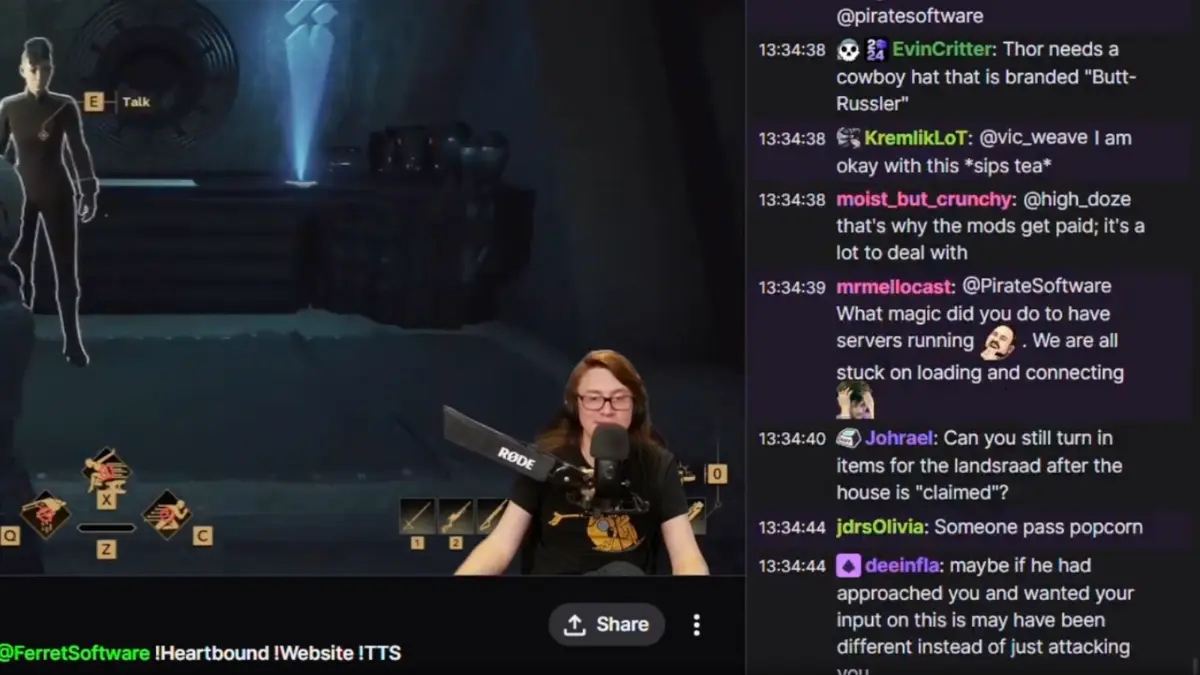The gaming community is split following streamer and indie developer PirateSoftware’s loud opposition to the “Stop Killing Games” initiative. Launched in April 2024 by content creator Ross Scott of Accursed Farms, the EU petition aims to stop publishers from making purchased games unplayable after ending online services.
PirateSoftware, who previously worked at Blizzard and Amazon Games, posted several videos bashing the initiative as “vague” and saying it would place “unreasonable demands” on developers. He claimed game companies would have to do impossible amounts of re-engineering to keep games playable after online services shut down.
PirateSoftware didn’t just critique the initiative—he actively warned his viewers against signing it, saying, “Not only do I not want to back this, I am going to actively tell people not to.” His videos quickly became the most-watched content about the initiative, often showing up first when looking for info about the petition.
The initiative needs one million EU signatures by July 31, 2024, to get lawmakers to take a look at it. As the deadline draws near, the petition is struggling to pick up enough support, with many fans blaming PirateSoftware’s sway over the community.
Ross Scott himself tried to reach out to PirateSoftware, offering more details about what the petition is actually asking for. But his comments reportedly got deleted from PirateSoftware’s videos, adding even more tension between the two creators and their fans.
Basically, the “Stop Killing Games” petition goes after the gaps in current EU rules for digital game buyers. It wants to fix the problem where publishers can take away access to games people have already bought by shutting down servers or dropping support. If it works out, it could set new rules for digital game ownership in Europe.
Even with all the flak he’s getting, PirateSoftware stands by his original take, brushing off his critics as just looking for drama. This whole situation shows just how much clout content creators have over how these kinds of movements play out and what happens with consumer rights.

